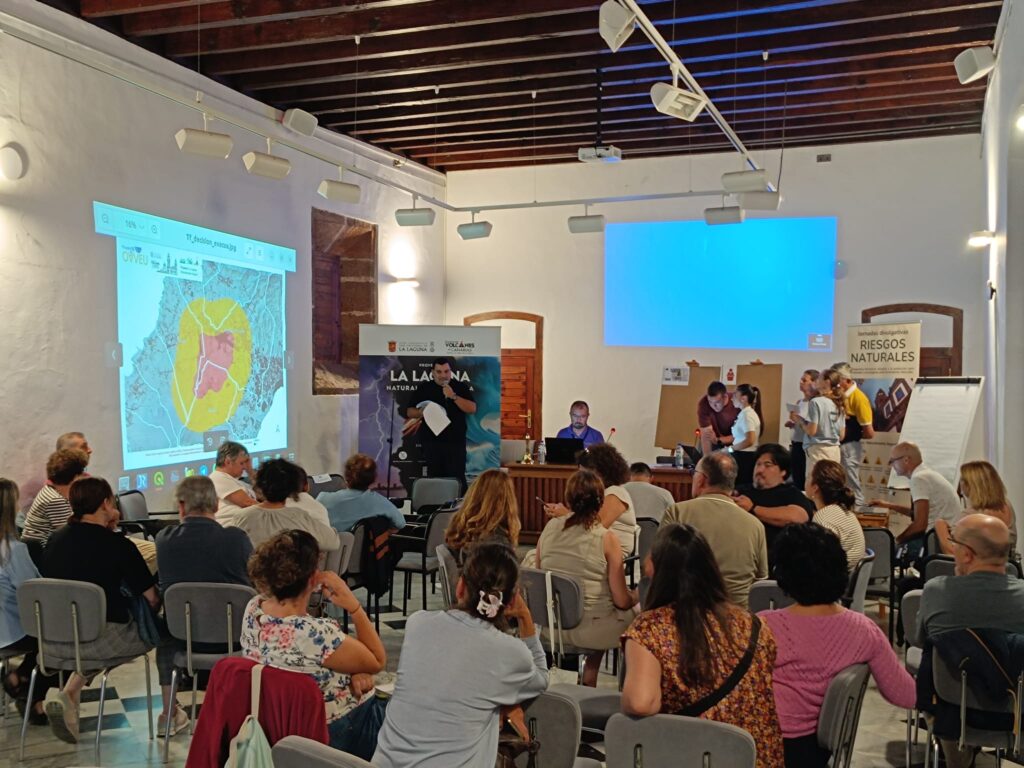The former director general of Heritage and Contracting claims he observed no “unusual indication” during the last Legislature
SANTA CRUZ DE TENERIFE, 22nd January (EUROPA PRESS) –
The former general director of Patrimony and Contracting for the Government of the Canary Islands, José Julián Isturiz, stated on Wednesday that there was “never” any discussion regarding the procurement of medical supplies or specific companies in either the scientific committee or the sessions of the management committee he attended.
During his testimony before the parliamentary investigation committee of the Canary Islands, he detailed his role within the scientific committee alongside the director of the SCS, Conrado Domínguez, and four university professors, occasionally attending the management committee chaired by the then Canarian president, Ángel Víctor Torres.
He characterised the latter committee as “multidisciplinary,” including various advisors and focused on specific topics, whereas the scientific committee, from which he took “notes or summaries,” served an advisory role and was primarily concerned with aspects such as de-escalation, the reopening of educational institutions, schedules, or the establishment of ‘bubble groups.’
“We never provided counsel on companies; I have no idea how decisions were reached,” he noted, even indicating that he has “no clue” who informed the Economic Resources Directorate of the SCS about the contracts that required initiation.
He mentioned that there were “numerous entrepreneurs who offered solutions” directed to a centralised email address.
Isturiz also stated that the SCS functioned independently as a contracting body from its general management, similar to the Tax Agency, which commissioned renovation work for its new headquarters, located in Las Palmas de Gran Canaria, awarded to a company linked to Koldo García.
He confessed that he does not know Koldo García, Víctor de Aldama, or the owners of RR7 – a company under investigation for charging four million euros for a million masks that were never delivered – and acknowledged that the pandemic presented an “extraordinary and abnormal situation,” to the extent that three royal decrees were introduced to modify public sector contract legislation.
DECISION MAKING WAS “EXTREMELY CHALLENGING”
In this context, he remarked that it is “extraordinarily challenging to make decisions at a specific moment” and when attempting to procure something, you desire “the best” but “if it is not available, it is simply not there,” although that does not imply any actions were “questionable.”
“You purchase from the supplier you generally use, and the buyer aims to purchase effectively. I refuse to allow the perception that public managers are a disaster; I resist that notion,” he emphasised, providing the example of wanting to “buy tissues” and when the usual supplier is unavailable, you must seek alternatives.
“My daughter works as an ICU nurse, and she sent me images stating, we are using garbage bags because we lack gowns,” he recalled, explaining why he comprehends that contracts were signed in an “exceptional” manner, however, “not at any price” and “not involving any commissions.”
He reiterated that during the pandemic there were “numerous interpretations of the rules” regarding public procurement and did not wish to delve into the Audit Office report concerning potential “misconduct” in the autonomous community.
“Article 120 does not provide protection for any preferential treatment towards individuals; I have little to contribute, the courts will determine the outcome. Let the courts declare what they must; if it was not conducted properly, there will be repercussions,” he added.
Nonetheless, he clarified that he never received “any indication” from the Government of the Canary Islands regarding any specific company, and at “no point” did he perceive any “unusual indication.”
















